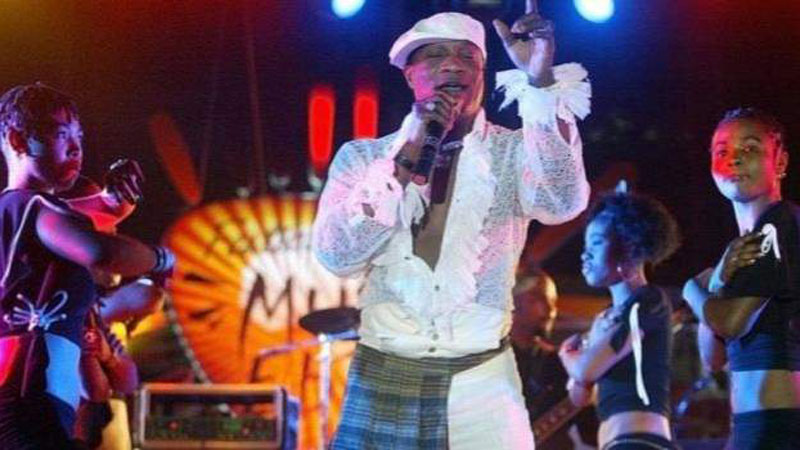×
The Standard e-Paper
Kenya’s Boldest Voice

Popular rhumba musician Koffi Olomide has been barred from entering Zambia because of the many criminal allegations against him in the southern African country, and France.
They include allegations of assaulting a photojournalist in Zambia during a previous tour.